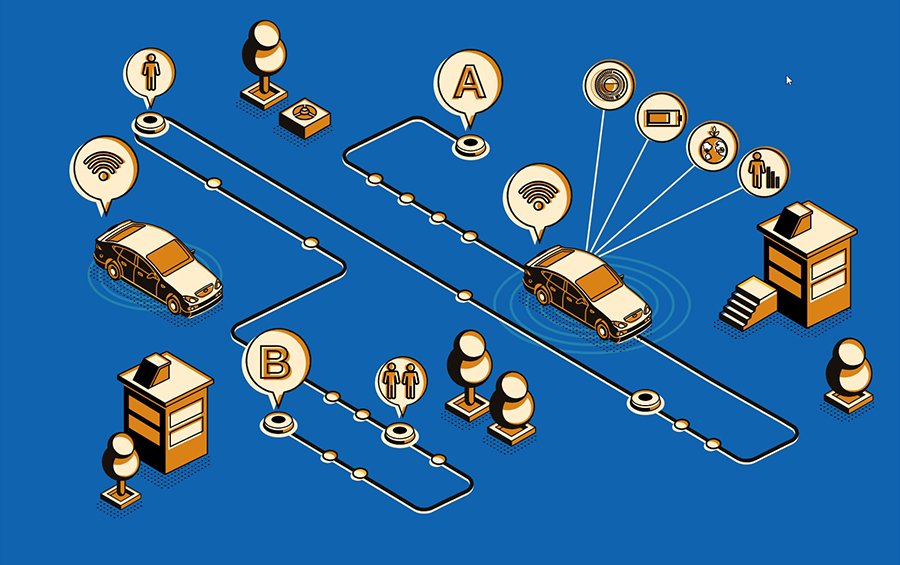Sixth Workshop on Autonomous, Connected, and Electrified Mobility Systems: Humans in the Loop?
Sixth Workshop on Autonomous, Connected, and Electrified Mobility Systems: Humans in the Loop?
held in conjunction with European Control Conference, Stockholm, Sweden
Location: E36
June 25, 2024
Held in conjunction with the 2024 European Control Conference
Public debate about the future of mobility and transportation is increasingly informed by predictions about the impact of Automation, Connectivity, and Electrification (ACE), yet many other opportunities remain to design mobility systems that serve users and provide safe and efficient mobility. As potentially disruptive technologies are approaching market-readiness and are beginning to be deployed, there are still several socio-technical challenges to be addressed, which may require different narratives and paradigms from the status quo. Many of those require a transdisciplinary view on mobility, for instance:
- How can we design human-centered and sustainable mobility systems that integrate ACE technologies?
- How should we adapt our infrastructure to adequately accommodate future autonomous, connected and electrified mobility systems, whilst leveraging existing transportation modes?
- What are the socio-technical challenges we are facing and how can our community contribute to address them?
- How can we ensure that such technologies benefit all members of society, improving equity and fairness rather than undermining them?
- How can we ensure that such technologies are leveraged to help meet sustainability goals?
- Are we asking the right questions and studying the right problems, or reverse-engineering belief-driven solutions?
This workshop will gather experts from control systems, transportation, mechanical engineering, robotics, and social science in order to:
- identify challenges and opportunities in integrating different modalities (e.g., pedestrians, bicycles, etc.) and technologies (ACE) into future transportation systems,
- identify modeling and control methodologies to address them,
- share insights from early deployments and turn such insights into an actionable research roadmap.
From a technical perspective, we will discuss socio-technical and control problems from the individual user-level up to the transportation-system-level, focusing on the interaction between different modes of transportation, and how they can be integrated to develop safe and efficient intelligent transportation systems. This may include subjects such as human-robot interaction and incentive and tolling schemes as well as network control problems and the combination of new and well-established technologies within sustainable and human-centered mobility systems. Overall, the goal of the workshop is to provide researchers in control with an overview of current and future mobility challenges to be addressed by our community, and, at the same time, exchange results, ideas and visions on how our community can contribute to sustainable and human-centered mobility systems and, ultimately, our society.
Workshop Moderators
- Mauro Salazar (m.r.u.salazar@tue.nl), Assistant Professor, Control Systems Technology, TU Eindhoven, The Netherlands
Raphael Stern (rstern@umn.edu), Assistant Professor, Department of Civil, Environmental, and Geo- Engineering, University of Minnesota, United States
Workshop Speakers

Andreas Malikopoulos, Department of Civil and Environmental Engineering, Cornell University
Bio: Andreas Malikopoulos is a Professor in the School of Civil & Environmental Engineering and the Director of the Information and Decision Science Lab at Cornell University. Prior to these appointments, he was the Terri Connor Kelly and John Kelly Career Development Professor in the Department of Mechanical Engineering (2017-2023) and the founding Director of the Sociotechnical Systems Center (2019-2023) at the University of Delaware (UD). Before he joined UD, he was the Alvin M. Weinberg Fellow (2010-2017) in the Energy & Transportation Science Division at Oak Ridge National Laboratory (ORNL), the Deputy Director of the Urban Dynamics Institute (2014-2017) at ORNL, and a Senior Researcher in General Motors Global Research & Development (2008-2010). He received a Diploma from the National Technical University of Athens, Greece, and his M.S. and Ph.D. degrees from the University of Michigan, Ann Arbor, in 2004 and 2008, respectively, all in Mechanical Engineering. His research interests span several fields, including analysis, optimization, and control of cyber-physical systems; decentralized stochastic systems; stochastic scheduling and resource allocation; and learning in complex systems. Dr. Malikopoulos is the recipient of several prizes and awards, including the 2007 Dare to Dream Opportunity Grant from the University of Michigan Ross School of Business, the 2007 University of Michigan Teaching Fellow, the 2010 Alvin M. Weinberg Fellowship, the 2019 IEEE Intelligent Transportation Systems Young Researcher Award, and the 2020 UD’s College of Engineering Outstanding Junior Faculty Award. He has been selected by the National Academy of Engineering to participate in the 2010 German-American Frontiers of Engineering (FOE) Symposium and organize a session on transportation at the 2016 European-American FOE Symposium. He has also been selected as a 2012 Kavli Frontiers of Science Scholar by the National Academy of Sciences. Dr. Malikopoulos has been an Associate Editor of the IEEE Transactions on Intelligent Vehicles and IEEE Transactions on Intelligent Transportation Systems from 2017 through 2020. He is an Associate Editor of Automatica and IEEE Transactions on Automatic Control, and a Senior Editor of IEEE Transactions on Intelligent Transportation Systems. He is a Senior Member of the IEEE, a Fellow of the ASME, and a member of the Board of Governors of the IEEE Intelligent Transportation Systems Society.

Kenan Zhang, École polytechnique fédérale de Lausanne (EPFL)
Bio: Kenan Zhang is a tenure-track Assistant Professor at the École polytechnique fédérale de Lausanne (EPFL) and leads the Laboratory for Human-Oriented Mobility Eco-system (HOMES). Her research focuses on the mathematical modeling, optimization and operations management of urban transportation systems, with special interests in emerging mobility services and technologies.
Kenan obtained her BSc. in Civil Engineering from Tsinghua University and MSc. in Architecture-Engineering-Construction Management (AECM) from Carnegie Mellon University. She completed her Ph.D. in Civil Engineering (with a focus on Transportation System Analysis and Planning) and a second MSc. in Statistics at Northwestern University. Prior to joining EPFL, Kenan worked as a postdoctoral researcher at ETH Zurich.
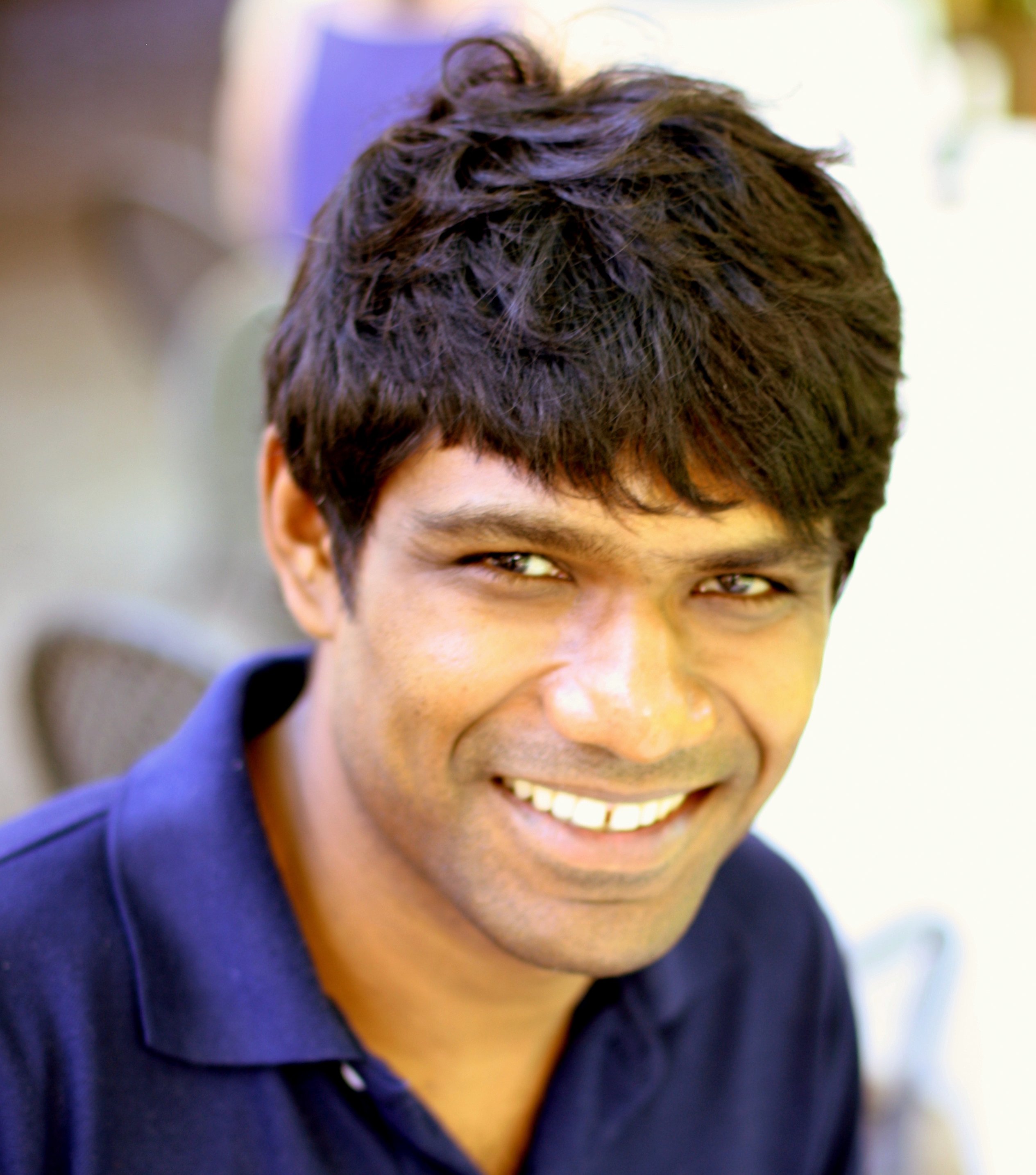
Samitha Samaranayake, Department of Civil and Environmental Engineering, Cornell University
Bio: Samitha Samaranayake is an Associate Professor in the School of Civil and Environmental Engineering at Cornell University with graduate faculty affiliations in Operations Research and Information Engineering, the Center for Applied Mathematics and Systems Engineering. His primary research interest is in the modeling, analysis and control of transportation systems with a focus on societal considerations such as sustainability and equity, and developing computationally efficient solutions that enable practical applications. Prior to joining Cornell he was a Postdoctoral Associate in the Laboratory for Information and Decision Systems at MIT and completed his Ph.D. in Systems Engineering at the University of California, Berkeley. He has worked in the server technologies group at Oracle, the design for test group at Synopsys, the route planning/transit team at Google and the French National Institute for Research in Computer Science and Control (INRIA). Samitha received his Bachelors and M.Eng. in Computer Science from MIT and an M.Sc. in Management Science and Engineering from Stanford University.
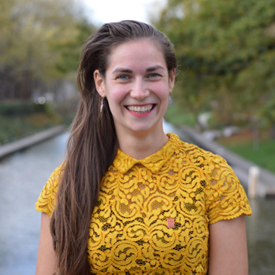
Shelley Bontje, Dutch Cycling Embassy
Bio: Shelley Bontje is highly motivated to contribute to a livable, enjoyable, and future-proof world. She believes in active and environmentally friendly modes of transport as a key to enable an inclusive society for all. Therefore, she fully embraces the mission of the Dutch Cycling Embassy: Cycling for Everyone.
She connects the best of Dutch cycling knowledge, experience, and experts with the rest of the world. Shelley has a background in Human Geography and Urban Planning and holds a Geography teacher’s degree (BSc Human Geography, Urban Planning and Development studies, University of Amsterdam, MSc Environment and Society studies, Radboud University, MSc European Spatial Planning and Environmental Policy, Cardiff University) . She is culturally sensitive, open-minded, and always willing to think along or chat about concrete steps that can positively contribute to our surroundings.
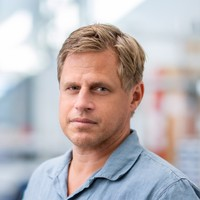
Jonas Mårtensson, Division of Decision and Control Systems, KTH Royal Technical University
Bio: Jonas Mårtensson is a Professor at the Division of Decision and Control Systems at KTH. He is the director of the Integrated Transport Research Lab (ITRL) and he is co-leading the KTH Smart Mobility Lab.
His main research is within automated and connected transport systems, in particular related to automation of heavy-duty vehicles. He is involved in several collaboration projects with Scania CV in Södertälje, dealing with collaborative adaptive cruise control, look-ahead platooning, route optimization and coordination for platooning, path planning and predictive control of autonomous heavy vehicles, and related topics.
Jonas Mårtensson received the MSc degree in vehicle engineering in 2002 and the Ph.D. degree in automatic control 2007, both from KTH. He received the docent title in 2016.
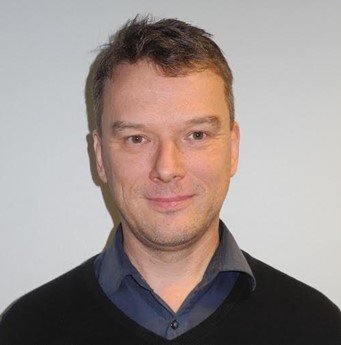
Håkan Karlsson, Region Stockholm
Bio: Håkan Karlsson is a senior strategist for business development focusing on new areas and functions. Håkan has experience working with development in public transportation for 8 years and with development in other businesses before that. He has also managed several innovation projects together with partners in the area of autonomous and mobility.

Stefania Santini, Department of Electrical Engineering and Information Technologies, University of Napoli Federico II
Bio: Stefania Santini is a Professor at the University of Naples Federico II, Napoli, Italy—with the Department of Electrical Engineering, and Information Technologies (DIETI)—where she leads the Distributed Automation Systems Lab. She is involved in many projects with industry, including small- and medium-sized enterprises, also operating in the transportation field. Her research interests include control of nonlinear and cyber-physical systems, and networked control with applications to energy, automotive engineering, transportation technologies. She is currently Associated Editor of IEEE Trans. on Intelligent Transportation Systems. She is the Vice-chair of the IEEE ITSS - Italian Chapter and member of the IEEE TC on Smart Cities (TC-SC).
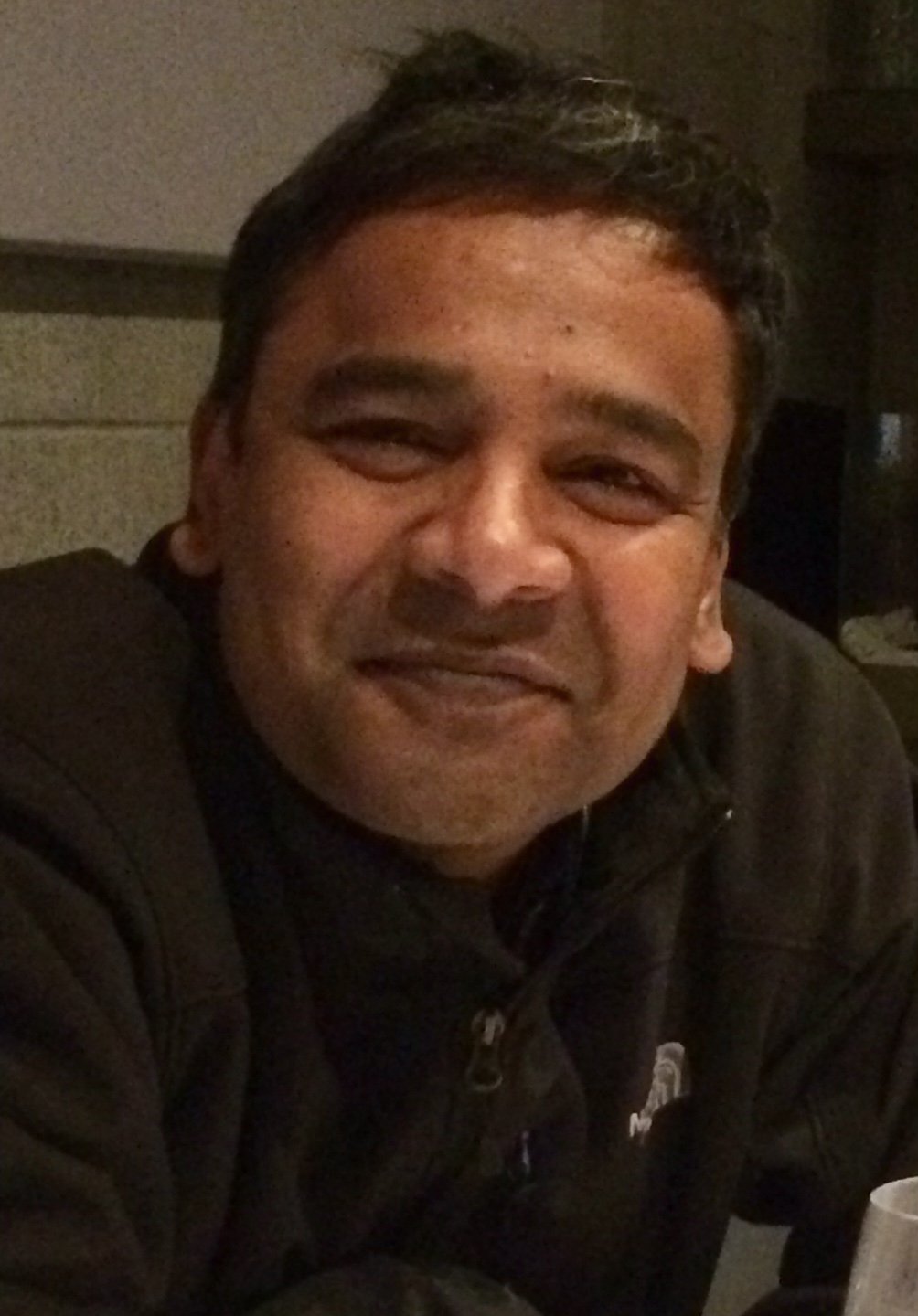
Kameshwar Poolla, Department of Electrical Engineering and Computer Science, University of California Berkeley
Bio: Kameshwar Poolla is the Cadence Distinguished Professor at UC Berkeley in EECS and ME. His current research interests include many aspects of future energy and transportation systems including economics and regulation. He also served as the Founding Director of the IMPACT Center for Integrated Circuit manufacturing. Dr. Poolla co-founded OnWafer Technologies which was acquired by KLA-Tencor in 2007.. Dr. Poolla has been awarded a 1988 NSF Presidential Young Investigator Award, the 1993 Hugo Schuck Best Paper Prize, the 1994 Donald P. Eckman Award, the 1998 Distinguished Teaching Award of the University of California, the 2005 and 2007 IEEE Transactions on Semiconductor Manufacturing Best Paper Prizes, and the 2009 IEEE CSS Transition to Practice Award.
